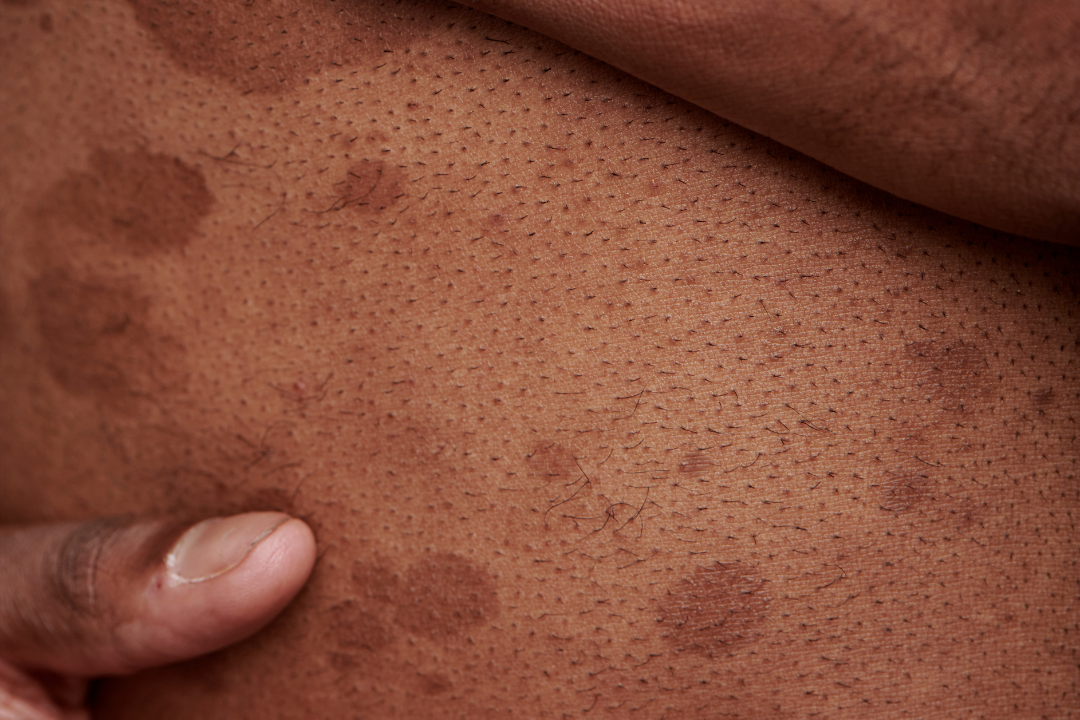Hyperpigmentation is a common skin condition that affects people of all ages and skin types. It is characterized by dark patches or spots on the skin, which are caused by an overproduction of melanin, the pigment that gives skin its color. While hyperpigmentation is not a serious medical condition, it can be aesthetically unappealing and can cause self-consciousness in those who have it. If you're one of those people, you may be wondering: how long for hyperpigmentation to fade? In this article, we'll explore the answer to that question.
First, it's important to understand the different types of hyperpigmentation. The most common types are post-inflammatory hyperpigmentation (PIH), which occurs after an injury or inflammation of the skin, such as acne or a rash, and melasma, which is often caused by hormonal changes and affects primarily women. The duration of hyperpigmentation fading can vary depending on the type of hyperpigmentation you have.
In general, PIH can take anywhere from three months to two years to fade completely, depending on the severity of the condition and the individual's skin type. The process may be quicker for those with lighter skin tones, while those with darker skin tones may take longer to see results. The key to reducing the appearance of PIH is to treat the underlying cause of the inflammation or injury, such as acne, and to protect the skin from further damage by wearing sunscreen and avoiding sun exposure.
Melasma, on the other hand, can be a more stubborn condition to treat. It often affects larger areas of the face and can be resistant to traditional treatments. In some cases, melasma may not fade completely, even with treatment. However, with consistent use of topical treatments, such as hydroquinone, retinoids, and vitamin C, and strict sun protection, melasma can be significantly reduced over time. It's important to work with a dermatologist to determine the best treatment plan for your individual case.
In addition to the type of hyperpigmentation, the severity of the condition can also affect the time it takes for it to fade. Mild cases may resolve within a few weeks or months, while more severe cases can take several months or even years to fade.
It's important to remember that hyperpigmentation is a gradual process, and patience is key when it comes to seeing results. It's also important to be consistent with any treatments or skincare routines recommended by a dermatologist. Skincare products that claim to produce quick results may not be effective or may even worsen the condition.
In conclusion, the answer to the question of how long for hyperpigmentation to fade is not straightforward. The duration can vary depending on the type and severity of the condition, as well as individual factors such as skin type and response to treatment. It's important to work with a dermatologist to determine the best treatment plan for your specific case and to be patient as you work towards reducing the appearance of hyperpigmentation.

